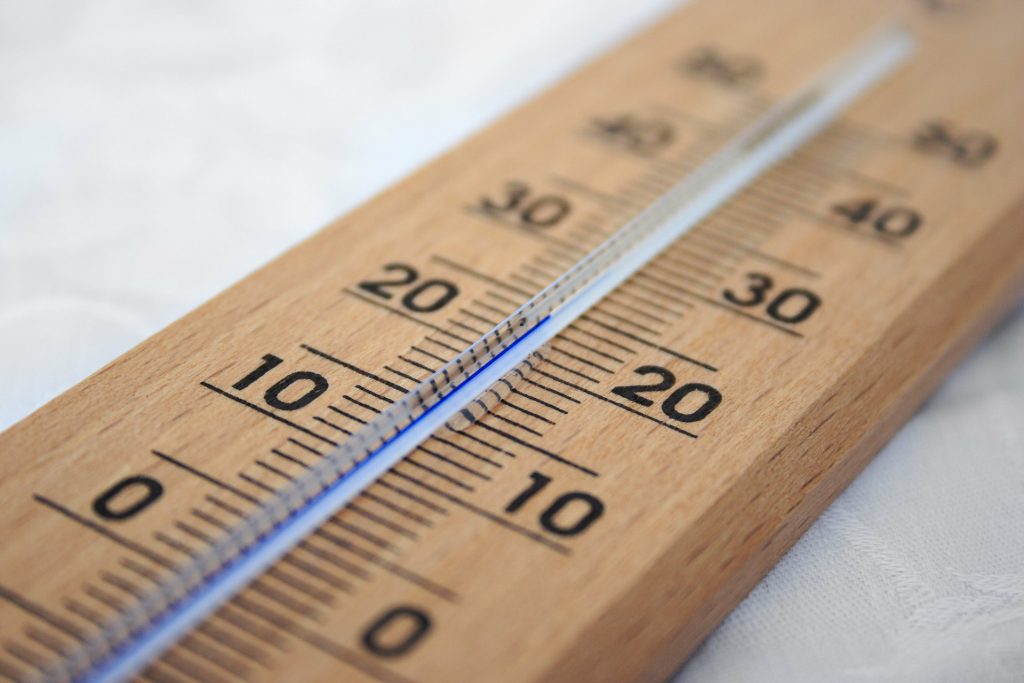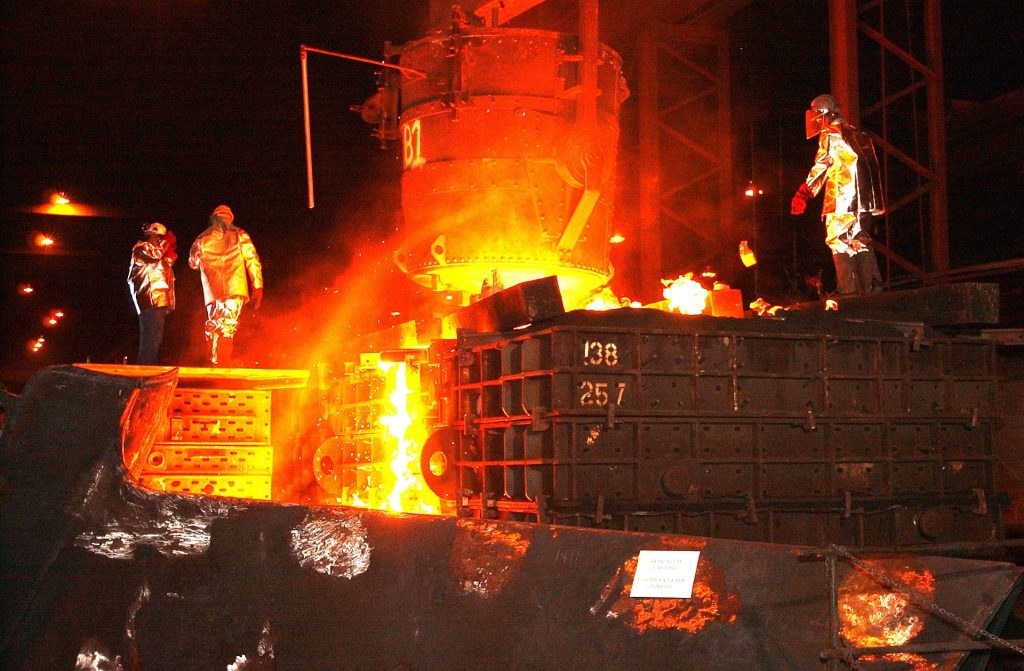
A thermal management system involves controlling temperature through technology. This technology is based on thermodynamics and heat transfer.
Thermal management is a wide-ranging term covering various forms of heat transfer, including conduction, convection and radiation, involving different processes.
The system will be a specific area of focus, component or set of components. This can apply across a range of industries, with different, specialist thermal management requirements.
As a specialist manufacturer of thermal management solutions, we understand how thermal management supports safety and efficiency in a broad range of applications and industries.
Here, we look at the heat transfer principles that govern thermal management systems, and examples of industries where such systems are essential.
The Importance of Heat Transfer
Heat transfer is how industrial and mechanical processes, buildings and structures, and even our own bodies, help regulate temperature.
There are three processes involved in heat transfer:
- conduction is where heat travels through a solid material;
- convection involves heat transfer from less dense materials rising, and cooler, denser materials sinking, due to gravity; and
- radiation is where heat travels via light, which can either be visible or non-visible.

With the human body, for example, we can cool ourselves down either by convection, where the surrounding air is cooler than our skin; radiation, where heat radiates across space, so we can remove it through ventilation; and perspiration, which is the body’s own thermal management mechanism.
Any thermal management system is defined by specific parameters, and some can be more complex than others. The content of the system will determine its effectiveness in transferring energy, work and mass.
The main variable in a thermal management system is temperature. This is its energy level; and where energy levels in the system rise, so the temperature levels of the materials used in the system will rise too.
The problem thermal management systems must solve is the gap between the system’s specifications and its requirements. Filling this gap involves different strategies, from heating and cooling to heat removal, temperature cycling and temperature uniformity.
Thermal Management in Electronics
Electronic devices and circuits will generate excess heat. To ensure the safety of these devices and circuits, and to protect them against failure, they require thermal management systems.
A key part of this thermal management is the material that makes up vital electronic components. These components provide the insulation which supports reliability and efficiency, while making sure electronics systems meet the ongoing demand for faster performance.
Mica has a high resistance and stability, making it suitably durable for power electronics systems.
We manufacture mica tubes for use as capacitors and resistors, and in various shapes as other electronics components.
Our capacitors provide the necessary stability and reliability for circuits requiring high precision performance; while mica resistors work in high-speed and high-power electronics because mica has naturally superior high temperature resistance.
Thermal Management for Batteries
In the automotive and aerospace industries, thermal management is necessary for protecting and insulating batteries.
All vehicles, including electric vehicles, require batteries that are fire-resistant and crash-safe. Consequently they must have the right kind of protection, which manages heat transfer but also offers a suitably robust barrier to sudden impact or extreme conditions.

Battery thermal management systems for vehicles must include heating for cold climates, insulation for extreme weather and ventilation.
Another thermal management requirement is for preventing thermal runway, which can result from chemical reactions which generate excessive heat, causing a positive feedback cycle.
Specialist battery insulation manufactured from mica laminates is therefore a critical part of thermal management systems.
Similar battery insulation applies to aircraft, along with insulation for flight recorders, and thermal management in the form of heat shields for ducts and reverse thrust mechanisms.
Thermal Management for Foundries
In foundry processes, furnace linings require the right level of protection to ensure maximum temperature control, including protecting the coil grout from damage.
Smelting requires excellent temperature control for consistent, efficient performance.
Mica laminates provide a combination of superior slip plane characteristics with heat resistance and thermal conductivity.
This makes them ideal furnace lining materials.
Another aspect of thermal management for furnaces is providing early warnings where there is danger to the coil grout or to contamination of the materials being processed.
Microporous technology is the basis for Elmesh, a flexible lining material, which acts as an early warning system for furnaces, guarding against situations where the crucible is wearing thin and there is a risk of metal penetrating the coil. This material contains a mica layer and a stainless steel mesh structure.
Vaporshield is another mica-based laminate, this time with a sensor function for when metal vapour leaves deposits on the furnace coil.

This kind of emission control is crucial for consistency and forms a part of the essential thermal management system for furnaces processing metals with high impurity levels and other metal materials with chemical components which could affect overall performance and quality.
Thermal Management Systems for Your Industry
It is difficult to overestimate the importance of thermal management systems in so many processes, across a broad range of different industries. What these systems require to work effectively are the right kind of adaptable insulating materials.
We provide specialist manufacturing solutions for thermal management and high temperature insulation. For more information, please call us on +44 20 8520 2248, email sales@elmelin.com, or complete our online enquiry form. We’ll get back to you as soon as possible.
